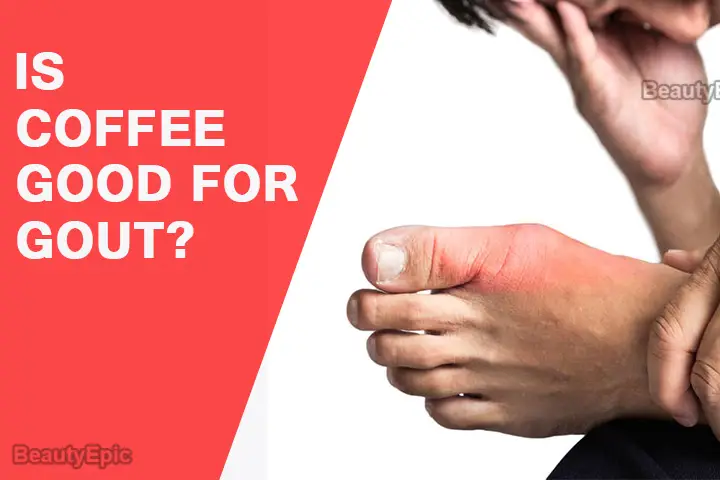
Important: This article is for informational purposes only. Please read our full disclaimer for more details.
Gout starts with a buildup of uric acid in blood and the deposits of uric acid crystals in joints and surrounding areas causing swelling of joints and intense pain. Xanthine, Hypoxanthine and uric acid play an important role in the healthy body functions.
The study conducted for a 12 year span published by Arthritis and medical journal proved that the men who are age over 40 and who drank coffee regularly had less chance of developing Gout. The caffeinated coffee had better results than the decaffeinated coffee. This study was based only on 46000 male medical professionals and on follow up 757 men developed Gout. This study did not have women participants. The findings appeared first in June 2007 issue of the Journal Arthritis and Rheumatism.
Article Contains
Drinking 1-3 cups of coffee a day lowered the risk of gout by 8%. It was noted that coffee is a major source of antioxidant, phenol chlorogenic acid that may affect the gout risk.
Is Coffee Good for Gout?

The chlorogenic acid and other antioxidants help reduce the blood levels of the insulin hormone and uric acid. The insulin levels and uric acid levels are directly proportional and they lower the gout risk.
How Coffee Helps Get Rid of Gout
- The xanthine and hypoxanthine in the blood when excess are converted to uric acid and the body activates the control systems to correct the course and preserve the balance.
- Continuous exposure will stimulate the decreased production of xanthine oxidase production and to slow the uric acid production.
- The body will also increase the excretion of uric acid and the levels in the blood stream of uric acid drops.
Relax and enjoy the coffee regularly and not intermittently, both caffeinated and decaffeinated coffee to reduce the gout risk.
You Might Also Like:
- How to Use Baking Soda for Gout
- How to Treat Gout with Apple Cider Vinegar
- Does Cherry Juice Help Gout
- Is Celery Seed Good for Gout
Image:- 1















